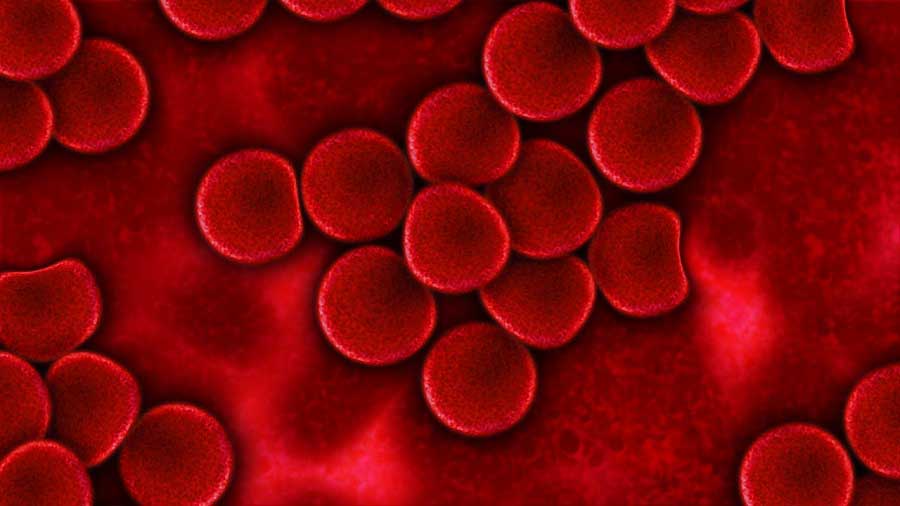Imbruvica shows better results than chemo in leukemia patients
Imbruvica shows better results than chemo in leukemia patients
6 Dec 2015Johnson & Johnson's and AbbVie's cancer drug Imbruvica significantly reduced the risk of death and disease progression compared with chemotherapy in previously untreated patients with a type of leukemia in a late stage study, paving the way for an expanded approval of the medicine.
86% of Imbruvica patients experienced a 50% reduction in cancer
In the trial of 269 patients aged 65 and older with chronic lymphocytic leukemia (CLL), Imbruvica decreased risk of death by a statistically significant 85% compared with the chemotherapy chlorambucil, researchers reported.
The primary measure of the study was median progression-free survival, or the time it took for the disease to worsen in half the patients in each group. The analysis of the results revealed that:
- Median progression-free survival was 18.9 months for chlorambucil and had not yet been reached for Imbruvica, known chemically as ibrutinib.
- After 18 months, 90% of Imbruvica patients had not experienced disease progression.
- The overall response rate, at least a 50% reduction in cancer, was seen in 86% of Imbruvica patients versus 35% for chemotherapy.
- 4% of Imbruvica patients experienced a complete response, meaning no sign of cancer and return to normal blood cell counts, versus 2% for chlorambucil.
What about the side effects?
Diarrhea was the most frequent side effect of Imbruvica, which also caused some hypertension and two cases of atrial fibrillation that led to discontinuation. Fatigue, nausea, vomiting and low blood cell counts was much higher in the chemotherapy group.
The discontinuation rate due to side effects was 9% for Imbruvica versus 23% for chlorambucil. There were three deaths in the Imbruvica group and 17 among those treated with chemotherapy.
Imbruvica, a pill, is currently approved to treat CLL patients who received at least one prior therapy. J&J has submitted data from this study aimed at gaining approval as an initial treatment for the slow progressing blood cancer, which could spare patients chemotherapy side effects. The companies expect a decision from U.S. health regulators in the first quarter of 2016.
Source: Reuters
